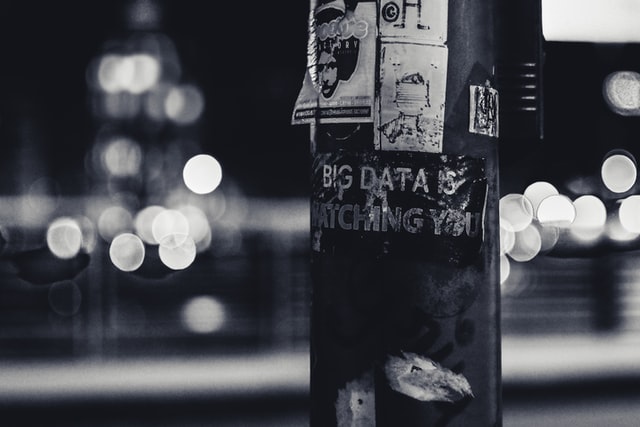Educational institutions make considerable use of Big Tech companies such as Google and Microsoft. Education Minister Van Engelshoven is in favour of a European alternative.
What is the state of play with regard to cyber security at each educational institution? Foto: ev/Unsplash)
Educational institutions make considerable use of Big Tech companies such as Google and Microsoft. This does not have a positive effect on the privacy of students and lecturers, according to the House of Representatives. Outgoing education Minister Ingrid van Engelshoven is in favour of a European alternative.
Digitisation has “really taken off” in education during the pandemic, Jan Paternotte (D66) noted in a debate about digitisation in education last week. He warned that this also has disadvantages (as Delta also noticed) and these were discussed at length.
The problem
What is the state of play with regard to cyber security at each educational institution? Zohair El Yassini of the VVD wanted to know. In his view, there are only two groups who currently know what the situation is: the administrators and the hackers. The party proposed including the state of play in the institutions’ annual reports.
‘Recent hacks at higher education institutions have sparked concern’
The education minister said she was happy to look into this option, but cautioned that it should not expose extra vulnerabilities at institutions; hackers might then be able to pick out the weakest links even more easily.
Dependence
Recent hacks at higher education institutions have sparked further concern over the privacy of students and lecturers . But queries about the dependence of educational institutions of Big Tech companies were also raised during the debate. What actually happens to the data of students and lecturers that is collected by commercial companies?
Microsoft and Google have not yet signed the privacy covenant and Google is not yet fully compliant with the GDPR. In the opinion of Peter Kwint (SP), these issues ought to have been dealt with before the companies acquired a “huge position” in education, because “we are now on the back foot in the negotiations”.
‘One hundred percent security doesn’t exist’
Inspired by the argument set out by Professor José van Dijck in De Correspondent (in Dutch), he proposed that the government itself should develop an alternative online platform for education to eliminate that dependence. DENK, PvdA, GroenLinks and D66 are in favour as well. They realise, however, that such an initiative cannot be organised overnight.
Alternative
Minister Van Engelshoven concurred with the concerns of the House and can see the upside of an alternative programme. This week, she suggested to the European Commission that a platform should be developed “that also safeguards the public values that we in Europe share”. She hopes to obtain wide support for this in Europe and consequently to limit the dependence on companies.
Van Engelshoven summed up what is currently being done in terms of prevention and digital security: courses via SURF (the collaborative IT organisation for Dutch higher education and research), a crisis team at the ministry that is ready to take action, 24/7 monitoring and external audits. But, she warned, when you have an open learning environment you remain dependent on the vigilance of students and lecturers. “One hundred percent security doesn’t exist.”
HOP, Josefine van Enk
Do you have a question or comment about this article?
redactie@hogeronderwijspersbureau.nl


Comments are closed.